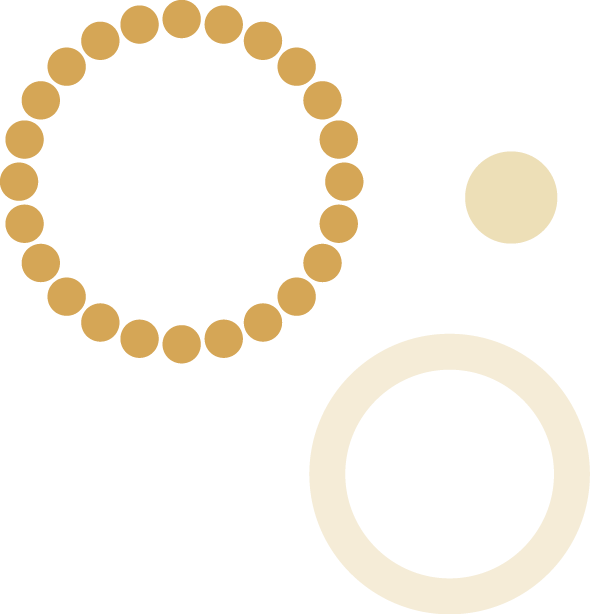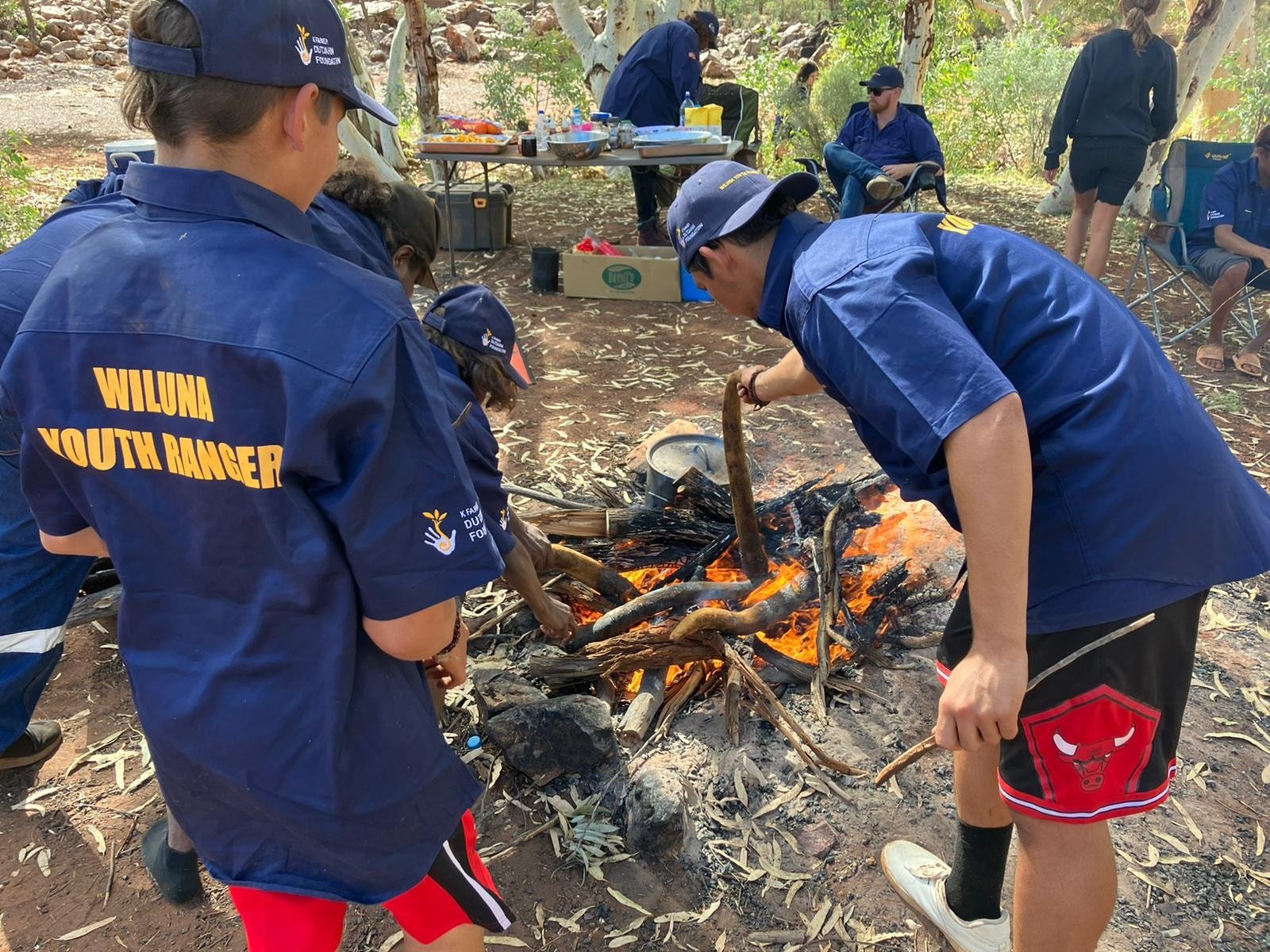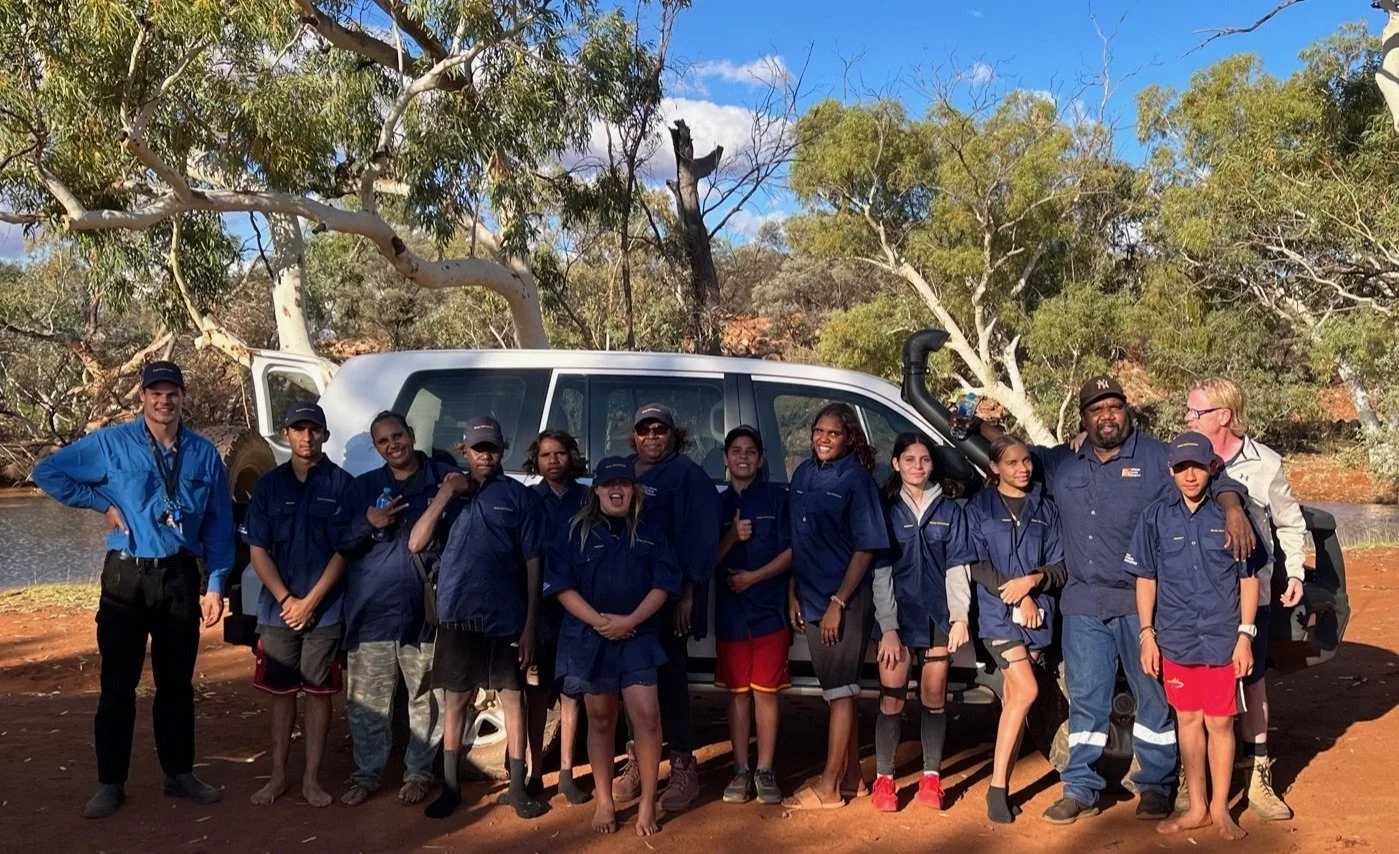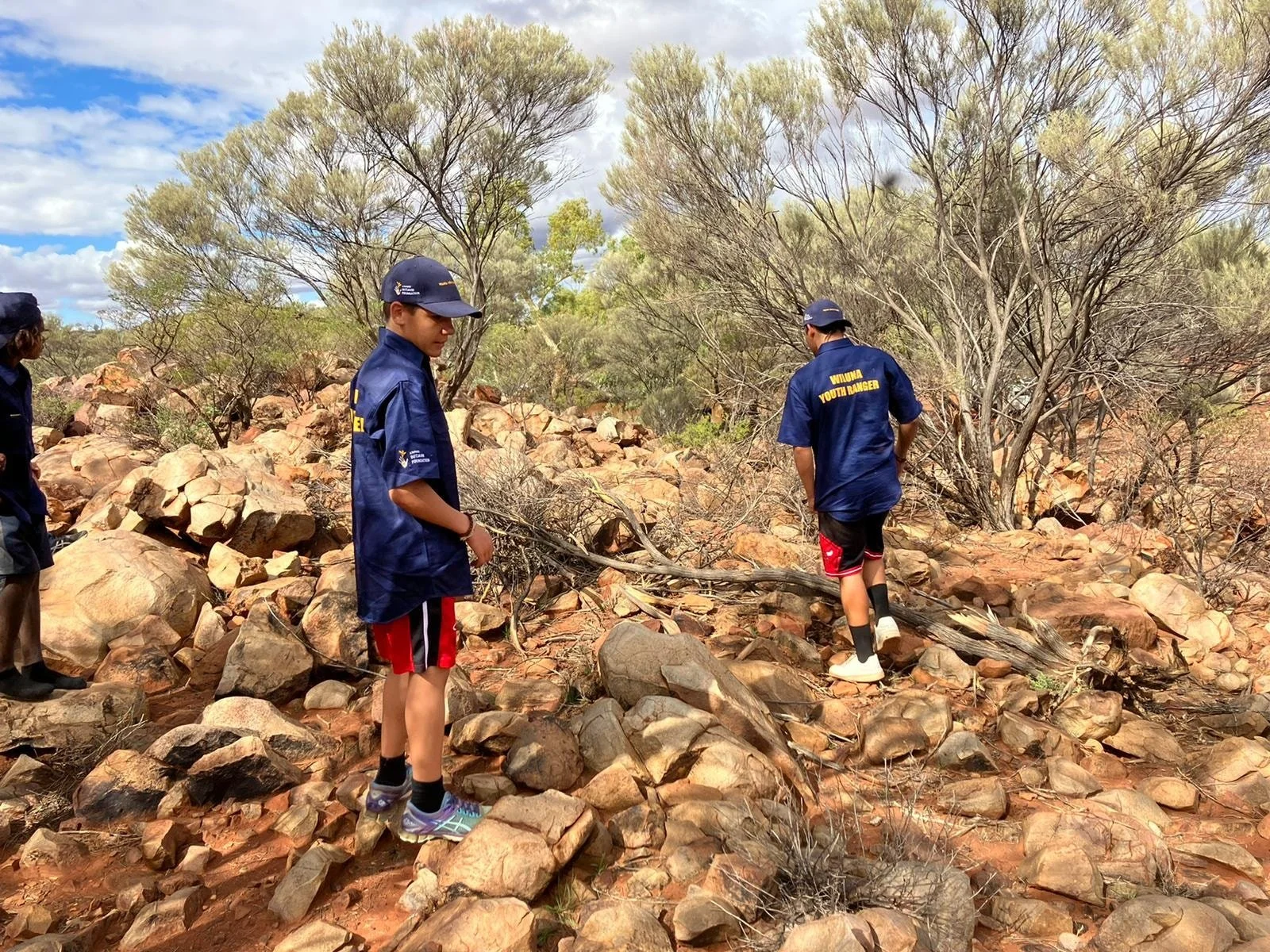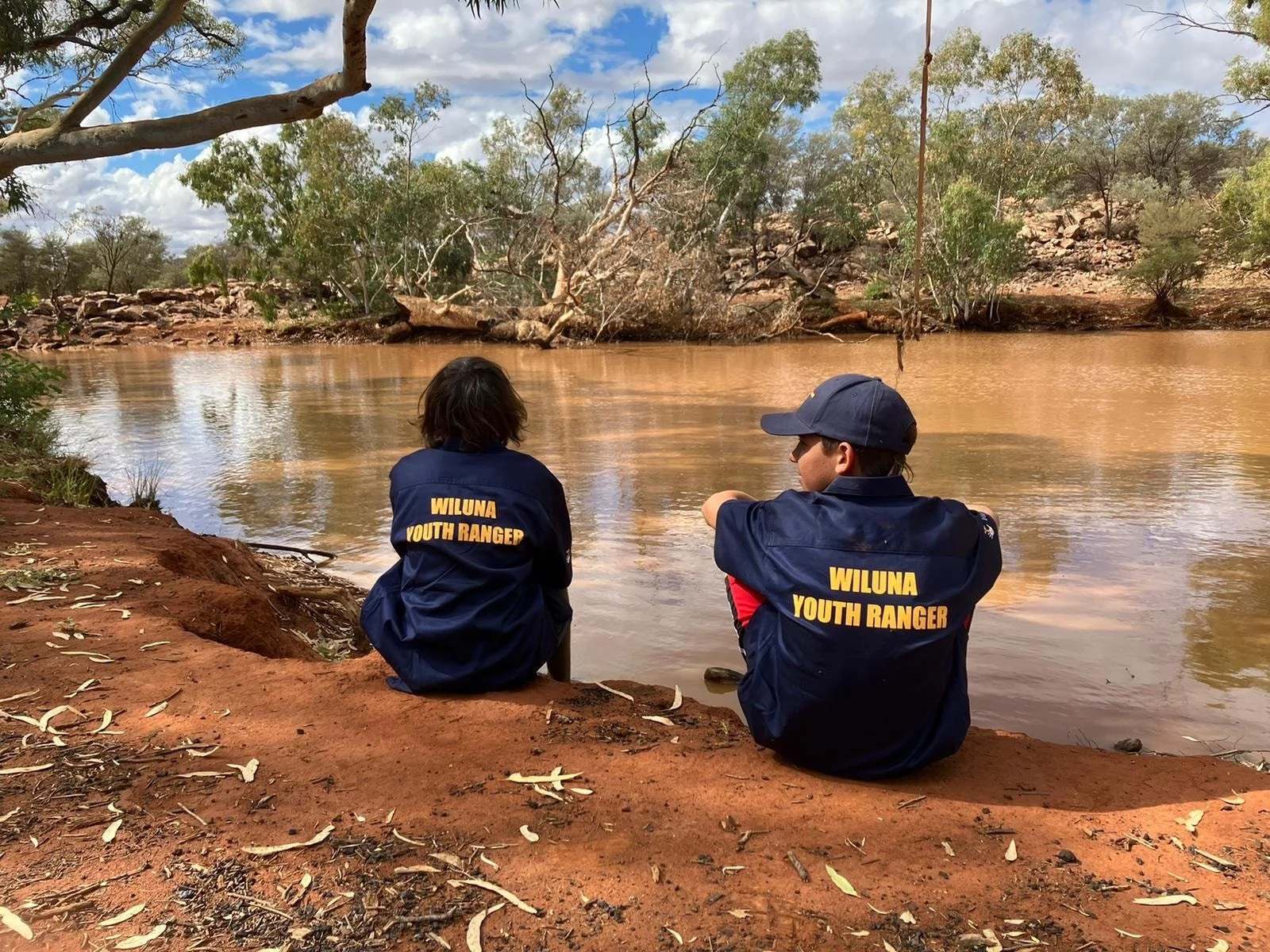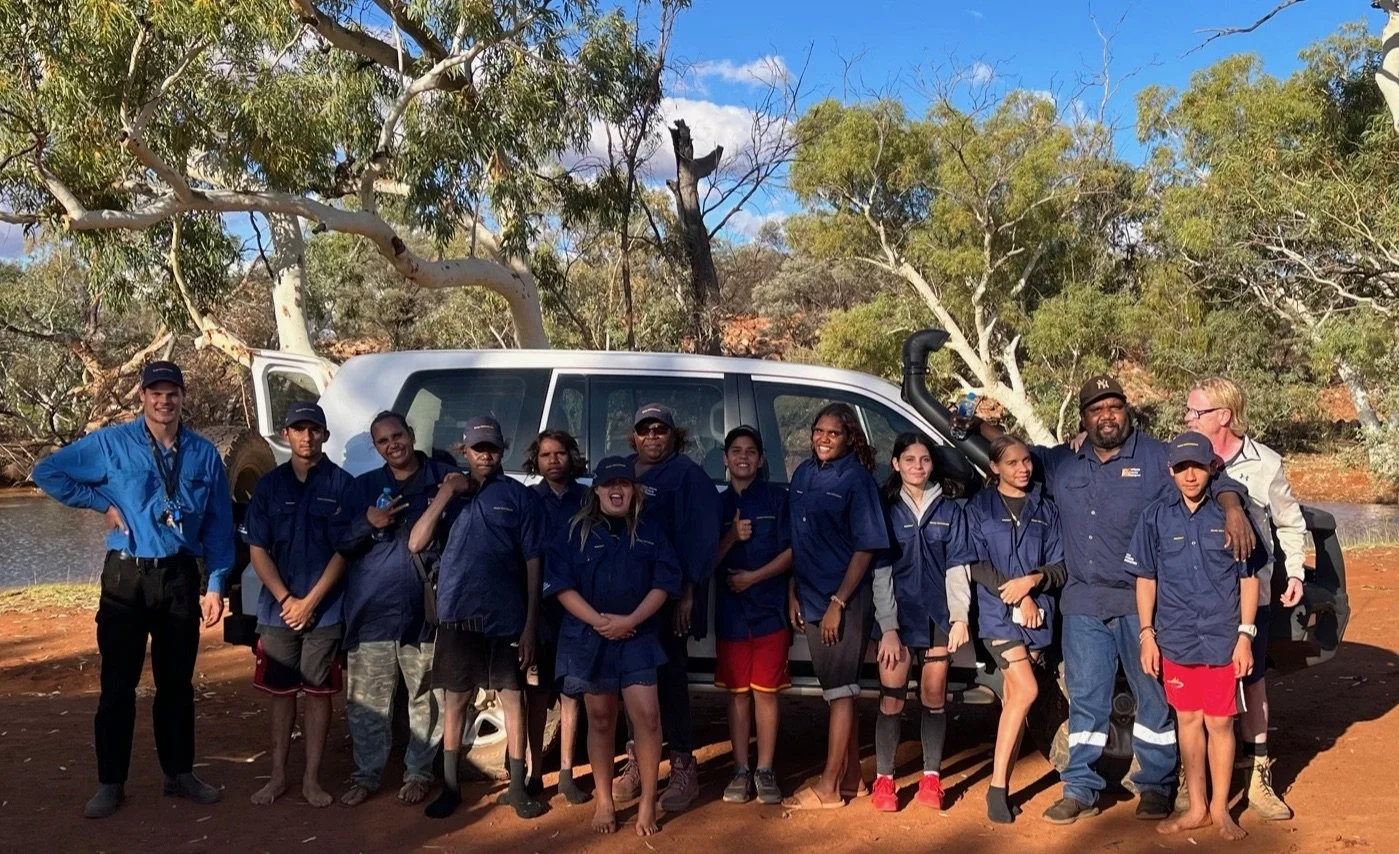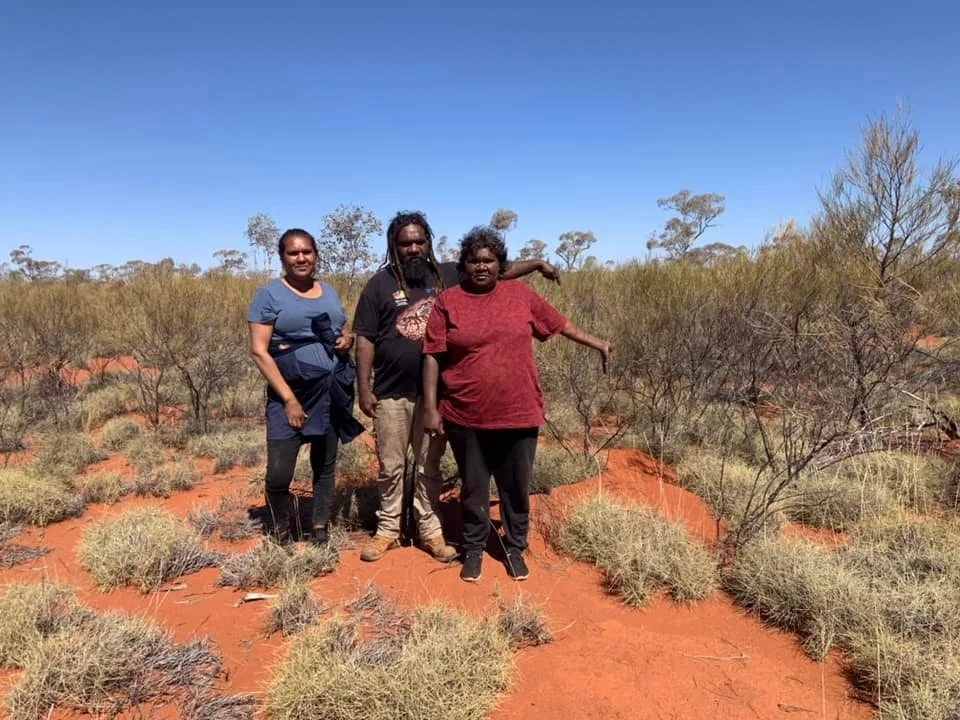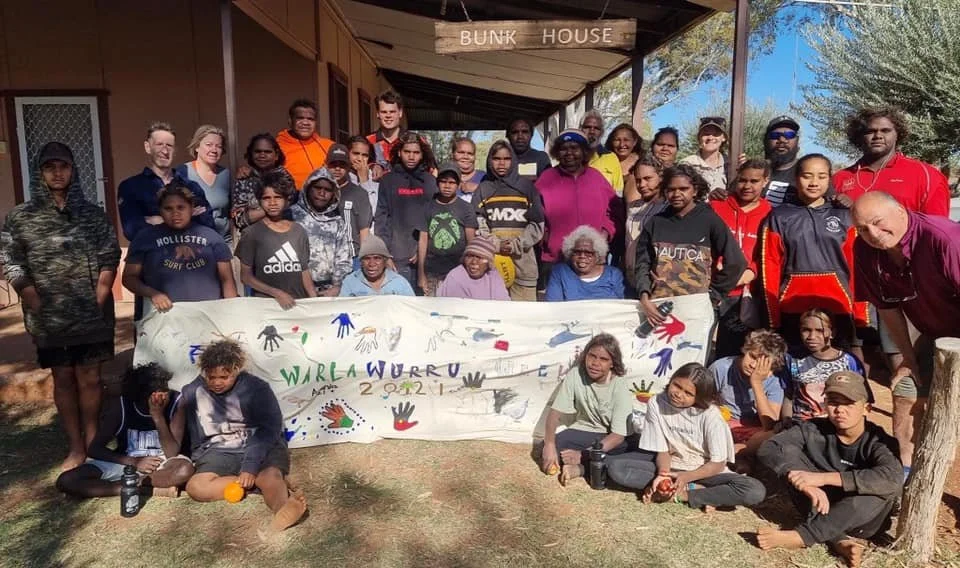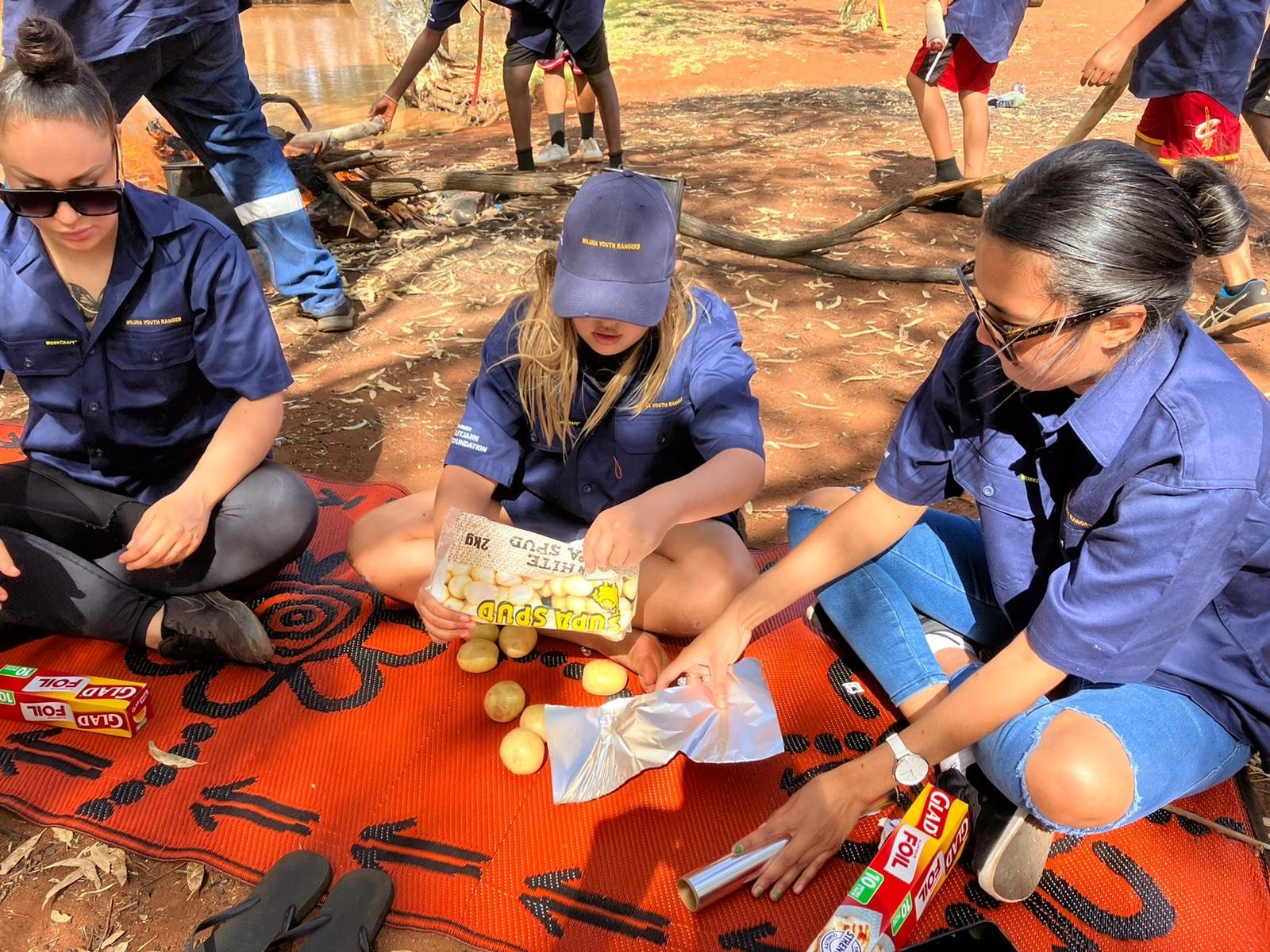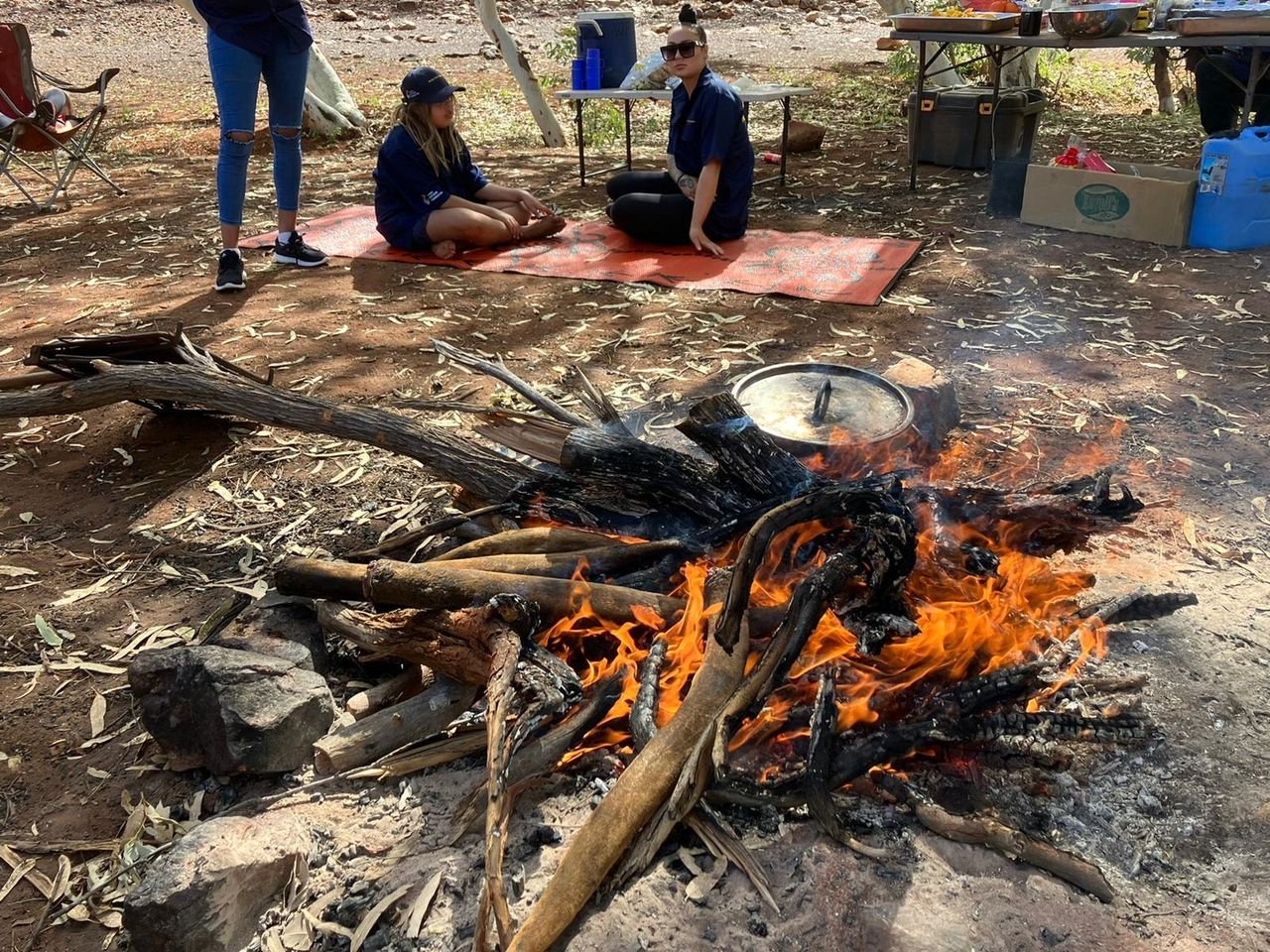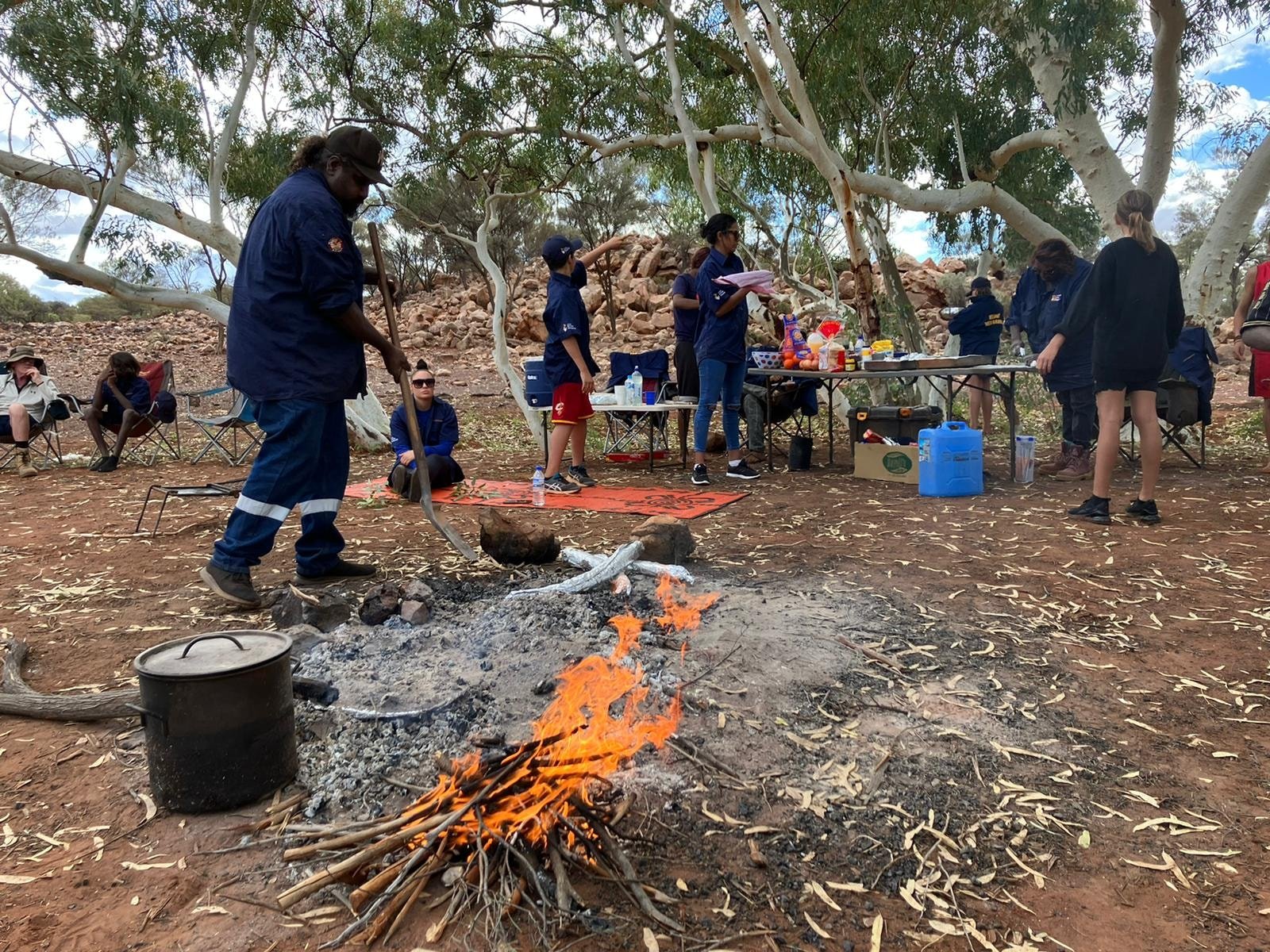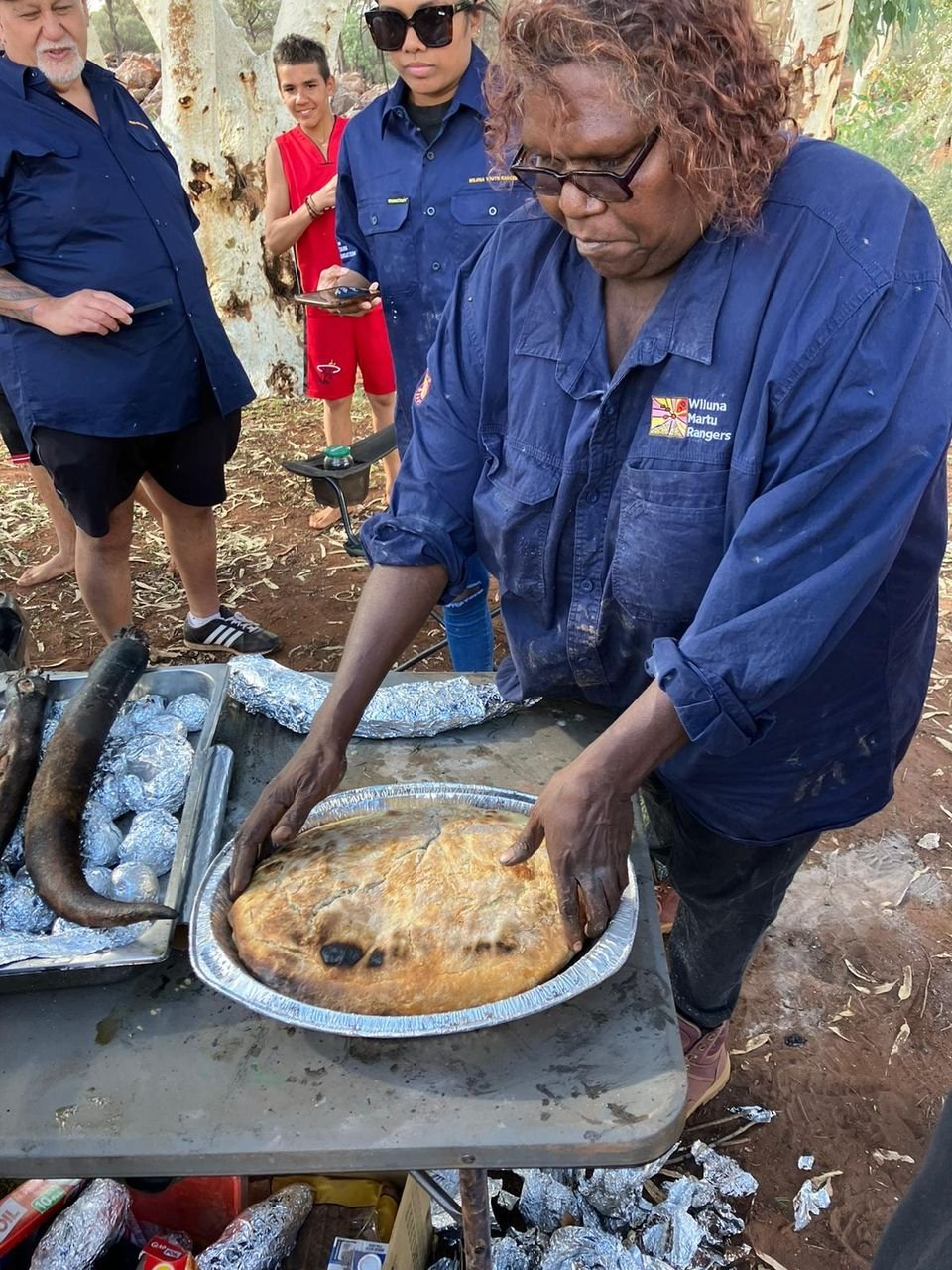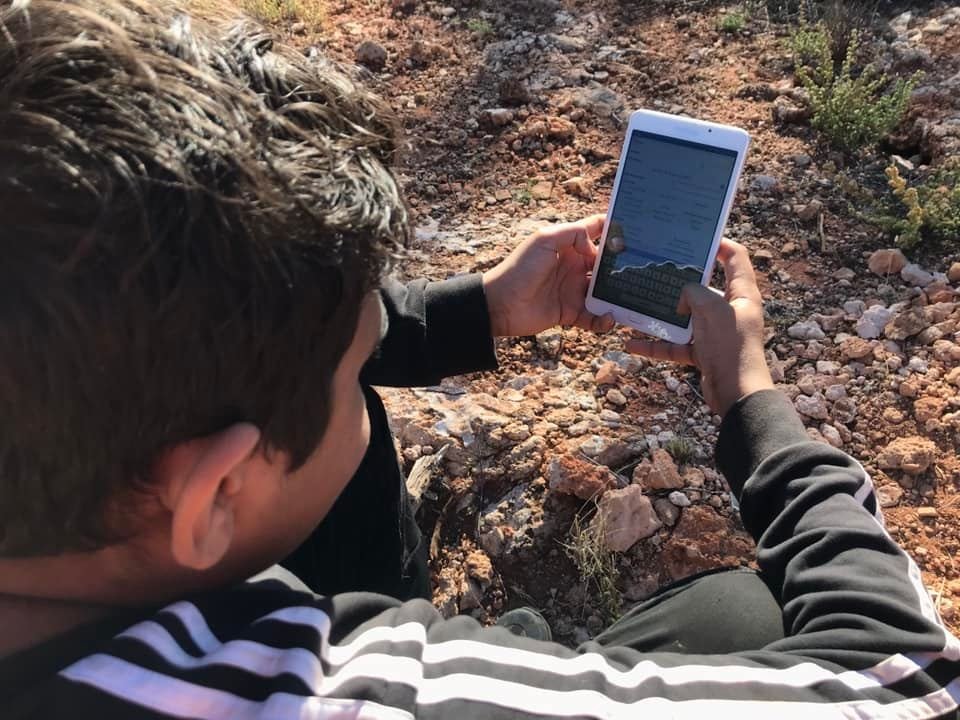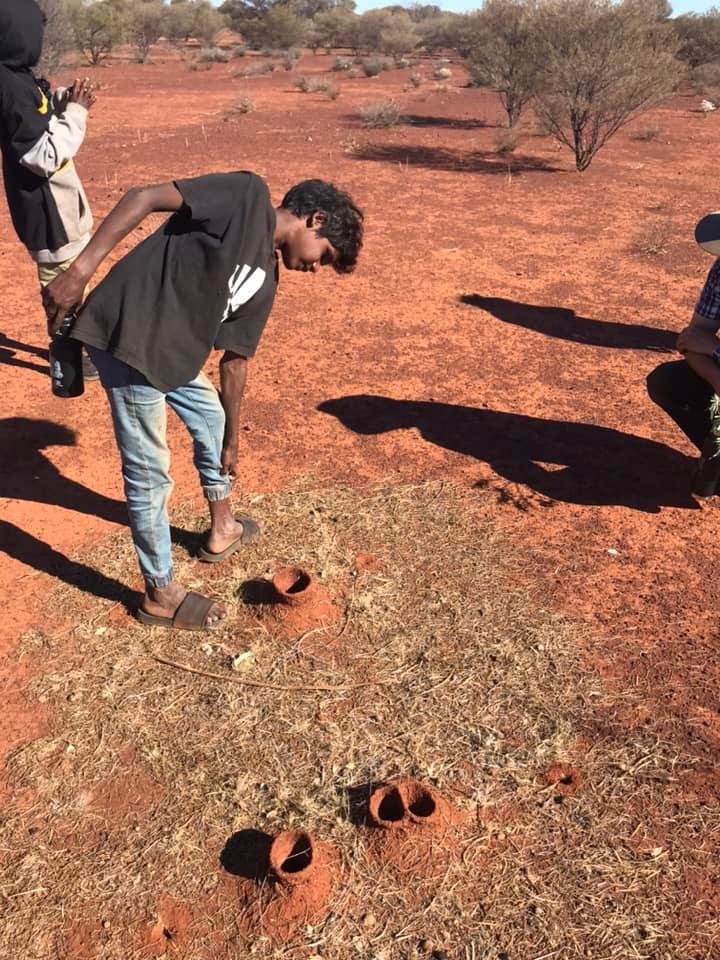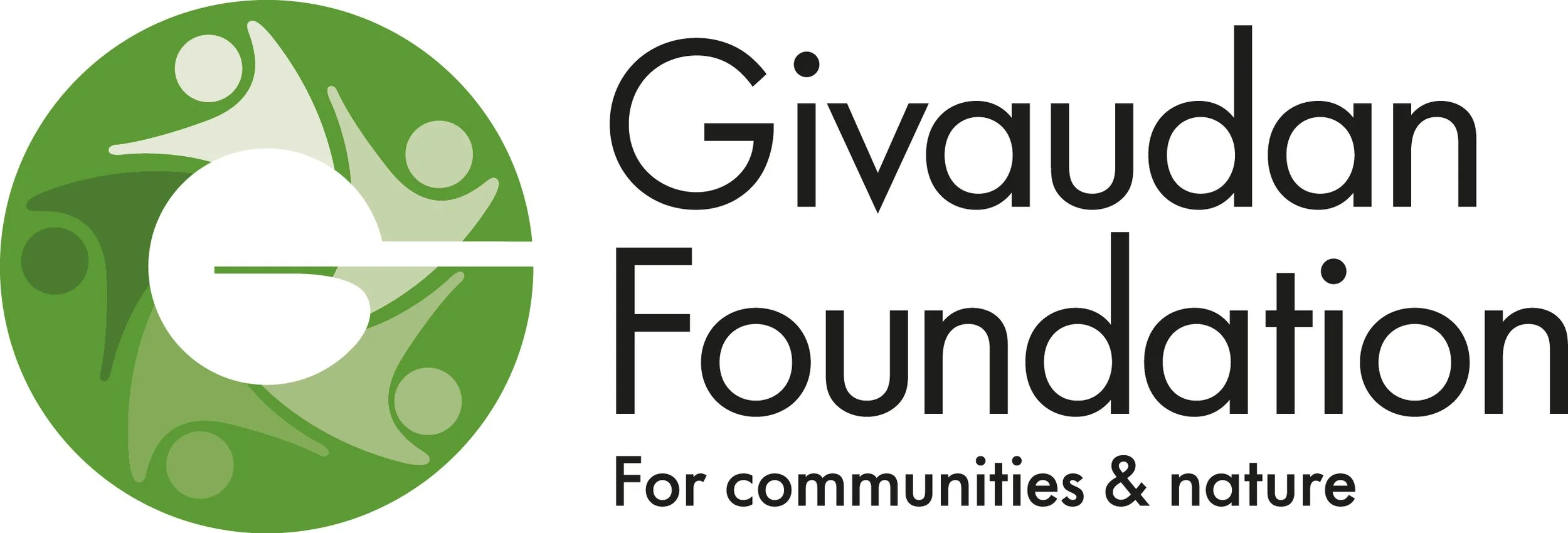
YOUTH RANGER PROGRAM
New community-led initiative to grow the next generation of custodians.
SNAPSHOT
Highlights from our community-led youth ranger program initiatives:
Girls and boys Year 6 –12 form Youth Ranger teams.
Shadowing and learning from their local adult Ranger Programs.
Cultural and skills learning in real life and on Country.
Strong culture, strong knowledge, strong custodianship.

Wiluna youth program
IT TAKES A VILLAGE…
This tree shows how this program is grown by and for the local community making it strong and long-lasting.
THE STORY
Martu custodians have cared for their Country in
Australia’s Western Desert for more than 60,000 years.
From generation to generation, knowledge and skills are passed down through being and working on Country. The health and wellbeing of culture, knowledge, community and Country are inseparable from each other and grounded in a belief of the interdependence of all living things.
After yarning with Martu Elders, it was clear that they were concerned by the urgent need to prepare the young people to fulfil the role of future Traditional Owners – Martu future depends upon it. Yet to do this successfully, Martu youth need not only traditional knowledge and skills but also up-to-date technical and business skills to care and manage their Country – Country that includes the wild sandalwood habitats.
The Youth Ranger program funded by the Dutjahn Foundation and coordinated by Remote Development Services fortifies the transfer of knowledge and culture from Elders and seniors to juniors and youth.
By close shadowing of existing Martu ranger programs, the Youth Rangers receive real life on-the-job training about planting, managing invasive pests and species and protecting native animals and plants.
They can see what using ecological knowledge with modern technologies to regenerate lands looks like in practice. Phase 1 of this program has begun, recruiting six girls and boys in total ranging from 11 – 17 years, and targeting disengaged and at-risk youth.
The Program will also focus on building personal skills as well as technical and digital skills so the next generation of custodians are well prepared to not only care for their lands but also manage and lead broader Indigenous Land Management initiatives.
This is one of the key building blocks to Martu economic and cultural wellbeing and health.
IN PICTURES
This project has been achieved in partnership with the Givaudan Foundation. Collaborative partnerships are a fundamental part of how we work to increase our social impact and add value to achieving our vision.
Find out more about Partnerships here.



